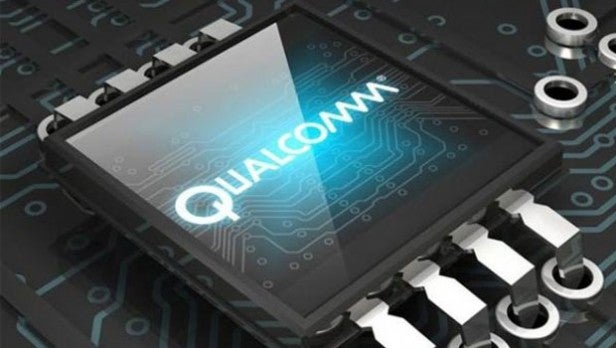Qualcomm chips in on the Internet of Things with new processors

Just days after Samsung announced its new range of Artik processors to power the Internet of Things, rival chip-maker Qualcomm has signalled its intentions to dominate the burgeoning sector.
The American giant says its new processors to bring Wi-Fi connectivity, as well as the power and storage capabilities necessary, to bring application support to a host of gadgets, both inside and outside of the home.
There’s built-in Wi-Fi support, I/O ports for sensors and displays and even 800KB of storage to enable manufacturers and software developers to add a set of low-power applications. The idea is for the complete chip unit to replace the need for dedicated controls, as the appliance will both powered by the chip, while running apps stored on it.
The second processor in the line up, the QCA4531, is a Linux-based solution, which is intended for use with smart hubs. These would power the gadgets that power the gadgets, if you catch our drift.
Read more: Nest Learning Thermostat review
Qualcomm’s commitment to the Internet of Things (or the Internet of Everything as it awkwardly insists on calling it) comes as it predicts 10 per cent of its revenue for this fiscal year will come through the sector.
The company built its fortune on powering smartphones, but appetite for its Snapdragon chips appear to be wavering, given the persistent rumours of overheating problems with its flagship Snapdragon 810 SoC.


